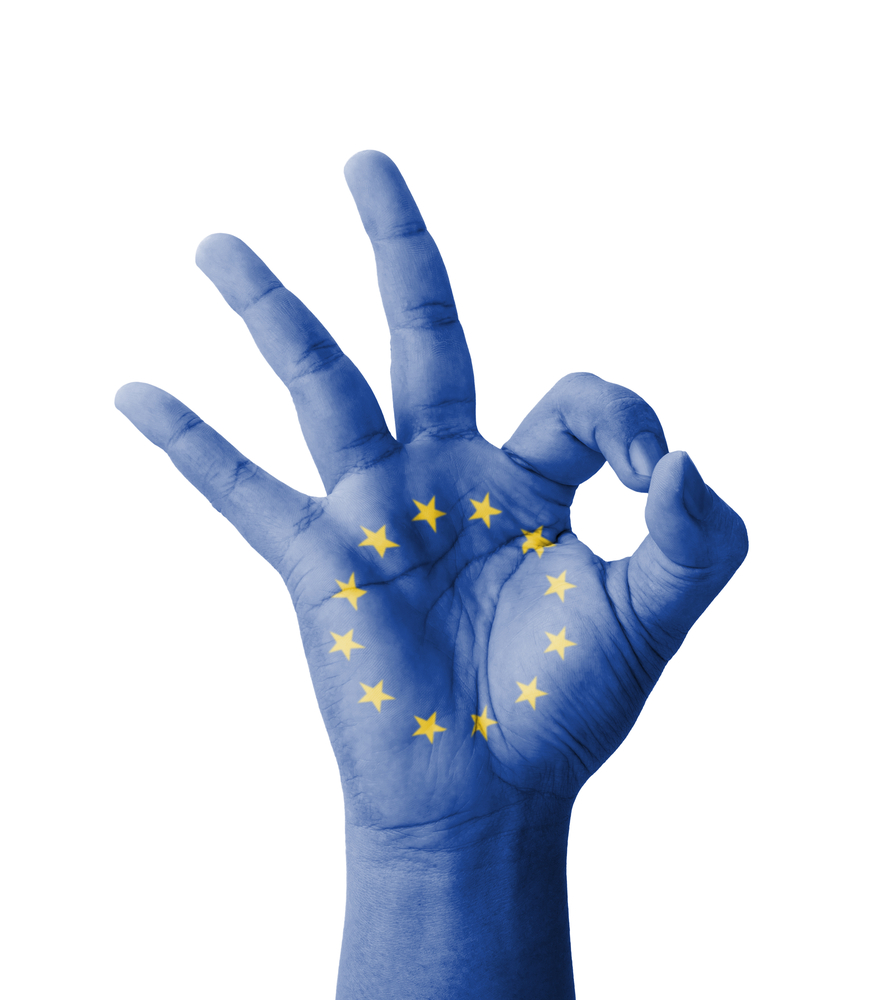CellProtect Receives EU Orphan Drug Status for Treatment of Multiple Myeloma

The European Commission has granted orphan drug status to CellProtect as a treatment for multiple myeloma, according to the investigational therapy’s developer, CellProtect Nordic Pharmaceuticals.
Using patients’ own blood cells, CellProtect is made of a group of immune cells called natural killer (NK) cells that are activated and expanded in the lab before being infused back into the patient to more effectively kill tumor cells.
The therapy is under investigation in a Phase 1/2 clinical trial with multiple myeloma patients being conducted at the Karolinska University Hospital in Sweden. CellProtect is administered as a supplemental therapy to autologous stem cell transplant – the standard of care for patients eligible for a transplant. The results, due for release in 2018, show that infusion of CellProtect is well-tolerated and leads to effective outcomes.
In previous preclinical studies with animal models, the therapy was found to be effective at killing multiple myeloma cells.
The therapy’s manufacturing and characteristics were summarized in the study, “Autologous antitumor activity by NK cells expanded from myeloma patients using GMP-compliant components,” published in the journal Blood.
“Today, multiple myeloma is an incurable disease where new treatments are greatly needed. Our hope is that CellProtect shall offer an effective and tolerable adjunct treatment for these severely sick patients,” Hareth Nahi, the trial’s principal investigator and chief physician at the Hematology Centre, Karolinska University Hospital, said in a press release.
The therapy candidate has a number of advantages, according to its developer. Besides using patients’ own NK cells, which ensures that patients do not exert an immune reaction against the therapy, the treatment is selective for tumor cells – leaving healthy cells free from harm – and the lack of genetic manipulation ensures its safety for human use.
“The decision from the commission is based on a recommendation from the European Medicines Agency’s Committee for Orphan Medicinal Products and confirms that a future product is considered to be of significant benefit to those suffering from multiple myeloma,” said Karin Mellström, CEO at CellProtect Nordic Pharmaceuticals AB.
“It also entails ten years of exclusivity upon marketing approval. We can now proceed and plan for additional clinical trials in order to receive approval to market CellProtect,” Mellström added.
Prof. Gösta Gahrton of the Karolinska Institute and a member of CellProtect Nordic Pharmaceuticals’ scientific advisory board, said cell therapies “will become very important for treatment of cancer in the future. The treatment that CellProtect Nordic Pharmaceuticals develops is the result of a long-term and dedicated effort from engaged researchers.”
“I am extremely enthusiastic about the milestone that the receipt of orphan drug designation means,” Gahrton added.






